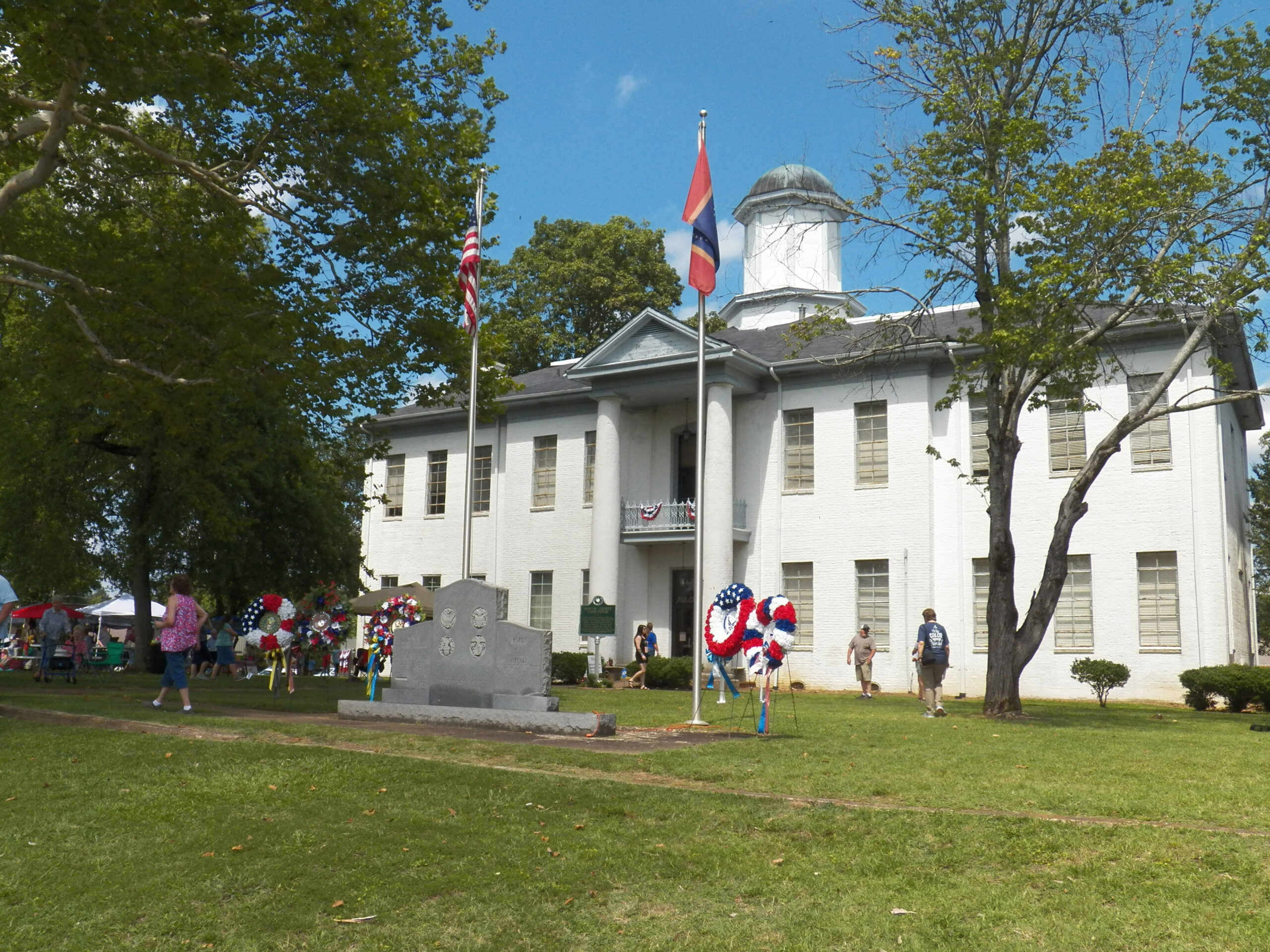























































Benton County, Mississippi has always been a rough place. Formed out of part of Marshall and Tippah counties, it sits in the middle of the Mississippi Hill Country in a rural, agricultural area. The reasons for its formation were probably political, as the area was sparsely populated, and it contained no towns of any significance. Salem, the only town in the area prior to the county’s formation was already in decline at the time of founding; it would soon be supplanted by the Town of Ashland, founded in 1873 to be the county seat of the new county. But prosperity remained hard to come by; demographically, Benton was not particularly different from Marshall County, its neighbor to the west, but Marshall County was far more prosperous, with two colleges, railroad access and a number of antebellum mansions. Both counties had Black majorities, but in the wake of Reconstruction, the white landowners took steps to make sure that Blacks could neither vote nor hold office. When, in the wake of World War II, Blacks began to attempt to register to vote, Benton County became quite tense.
Things came to a head in the summers of 1964 and 1965 when civil rights workers came to Benton County to assist Black people in registering to vote. Genevia and Henry Reeves had been leading the effort for Black voter registration in the county, but the coming of college-age white kids to assist brought a new dynamic to the effort. One of those college volunteers was Chicago-born Aviva Futorian, whose father owned a massive furniture plant in nearby New Albany. Her presence infuriated the local political leadership in both Marshall and Benton County, and she was arrested multiple times. But the work she did alongside the Reeves, other volunteers, and local residents helped to turn the tide, and by 1970, Blacks could register and vote, and in theory, schools were integrated, although a private academy siphoned off most of the white students from the public schools.
But Benton County was also home to a number of great blues and soul musicians. Willie Mitchell, Syl Johnson, Nathan Beauregard and Earl “Little Joe” Ayers were all born in Benton County, a remarkable fact when one considers how sparsely populated the county is compared to its neighbors.
This year, Benton County chose to celebrate the 150th anniversary of its historic courthouse in the square at Ashland, which was built in 1873. No longer used as the county courthouse, which moved out to larger quarters on the edge of town, the courthouse is now an historical museum, but the day was celebrated with vendors food trucks, a car show, train rides for the kids, a petting zoo and live music on a stage at a corner of the square. Like Benton County itself, Ashland’s square has a rough-and-tumble appearance, with none of the pomp and grandeur of the square in Holly Springs, or the one in Ripley. Only a couple of buildings have a second story, and many modern metal buildings probably replaced ones that had burned or collapsed over the years. A couple of them have interesting stories; the Snow Lake Building recalls the sales office for the Snow Lake Shores Development Corporation which built the resort subdivision of the same name west of Ashland on Highway 4. A while back, Snow Lake Shores unexpectedly became the third incorporated town in Benton County, despite being fairly close to Ashland. A bright pea-green and blue building on a corner of the square houses the Hill Country Project, a joint venture between Roy DeBerry and Aviva Futorian to conduct oral history of Benton County’s story, particularly in regard to civil rights, and to offer assistance to the Benton County Schools. It is a symbol of the changes that have occurred over time that an organization affiliated with civil rights could have an office on the Ashland square, and perhaps amusing that an organization affiliated with Ms. Futorian has an office only few doors down from her old nemeses, the Fareses. The Farese family of lawyers still rule Benton County, but seem to have somewhat adjusted to the modern era.
Early in the day on the Fourth, the festival was hampered by extreme heat. Ashland has only one restaurant on the square, and it does not open on Tuesdays, so there was no place for people to take refuge from the heat. A couple of food trucks were doing a brisk business, and people were enjoying the vendors on the courthouse grounds. A couple of country bands played on the stage.
Hill country bluesman Garry Burnside and his band came on stage at 6 PM and played a 45-minute set, but during their performance, clouds began to gather and darken, and the wind began to pick up. Garry Burnside was to have been followed by his nephew Cedric Burnside, but between the performances, the rains came in torrents, and with lightning. A delay resulted, and with rain predicted to last until around 11 PM, there was no chance of getting to record, film or photograph anything, so I made the decision to head back to Memphis, which was a somewhat harrowing feat in itself, as the rains reduced visibility to nearly nothing. It was a sad and abrupt ending to what had been a fun day in Ashland.
However, up in Memphis, the rain had already passed through, and nothing would stop the fireworks from nearly every street. Neighborhoods sounded like war zones, and individuals nowadays can buy fireworks that rival what cities and towns used to have in the 1970s. I stopped by a musician friend’s house where a party and cookout was in progress with some other musicians I knew, and then I retired for the night to my house.

